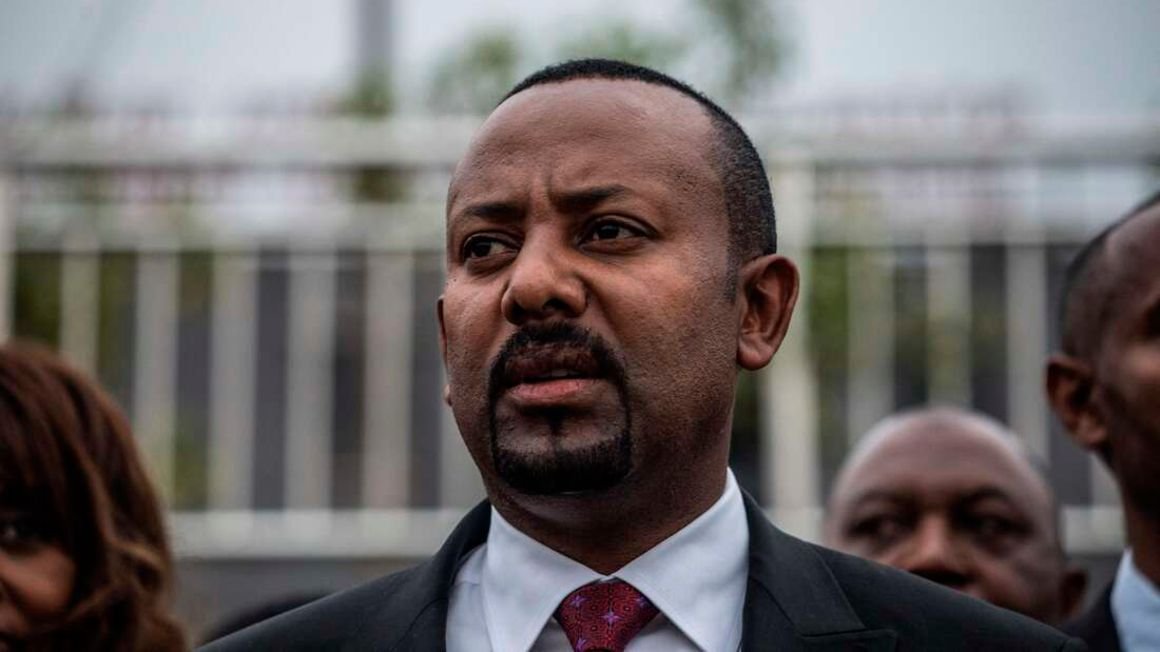Ethiopian Prime Minister Abiy Ahmed. Shortly after taking office, Abiy promised a spectacular overhaul of the country’s tightly-controlled economy: reforms to spur growth, unshackle the country’s potential, and lift millions out of poverty. PHOTO | AFP Nairobi,
Shortly after taking office, Ethiopia’s Prime Minister Abiy Ahmed promised a spectacular overhaul of the tightly-controlled economy: reforms to spur growth, unshackle the country’s potential, and lift millions out of poverty.
But three years on, with elections on June 21, Abiy’s agenda remains largely unrealised, and the country burdened with debt, the economic pain of the coronavirus, and a costly war in Tigray.
"Things are worse now… The country is broke and on the verge of defaulting," said one European diplomat, who asked not to be named.
One of Africa’s fastest-growing economies, Ethiopia took massive loans to fund some of its flashiest infrastructure projects, including a modern railway from Addis Ababa to Djibouti. External debt
But paying back its external debt — some $30 billion (25 billion euros), mostly to China — has proven difficult.
This year alone, Ethiopia owes about $2 billion to its creditors and has sought unsuccessfully to defer payment.
"We are not now in a position to pay," said Alemayehu Geda, a professor of economics at Addis Ababa University.
Ratings agency Moody’s in May downgraded Ethiopia’s credit score, following a similar cut by Fitch Ratings in February.
Alemayehu said the problem is not the amount of borrowing — Ethiopia’s external debt to GDP ratio has fallen under Abiy — but a dire lack of dollars.
The country of 110 million people imports far more than it exports, fuelling a structural deficit of much-needed foreign exchange. ‘A cancer’ This currency crisis also hurts businesses, which are often forced to wait months to secure the dollars they need to run their ventures.A nationwide shortage of cement, for example, is because manufacturers cannot import the spare parts needed to run their factories, not due to a lack of raw materials, said Ashenafi Endale, editor of the Ethiopian Business Review magazine.Inflation meanwhile — described recently by Abiy as "the cancer of the economy" — remains high at over 13 percent, and food costs are soaring.Compounding the pain, Alemayehu estimated some three to four million Ethiopians have been driven into poverty by the Covid-19 pandemic.The International Monetary Fund (IMF) said economic expansion slowed in Ethiopia from nine percent in 2019, to two percent in 2021.However agriculture — the backbone of Ethiopia’s […]
